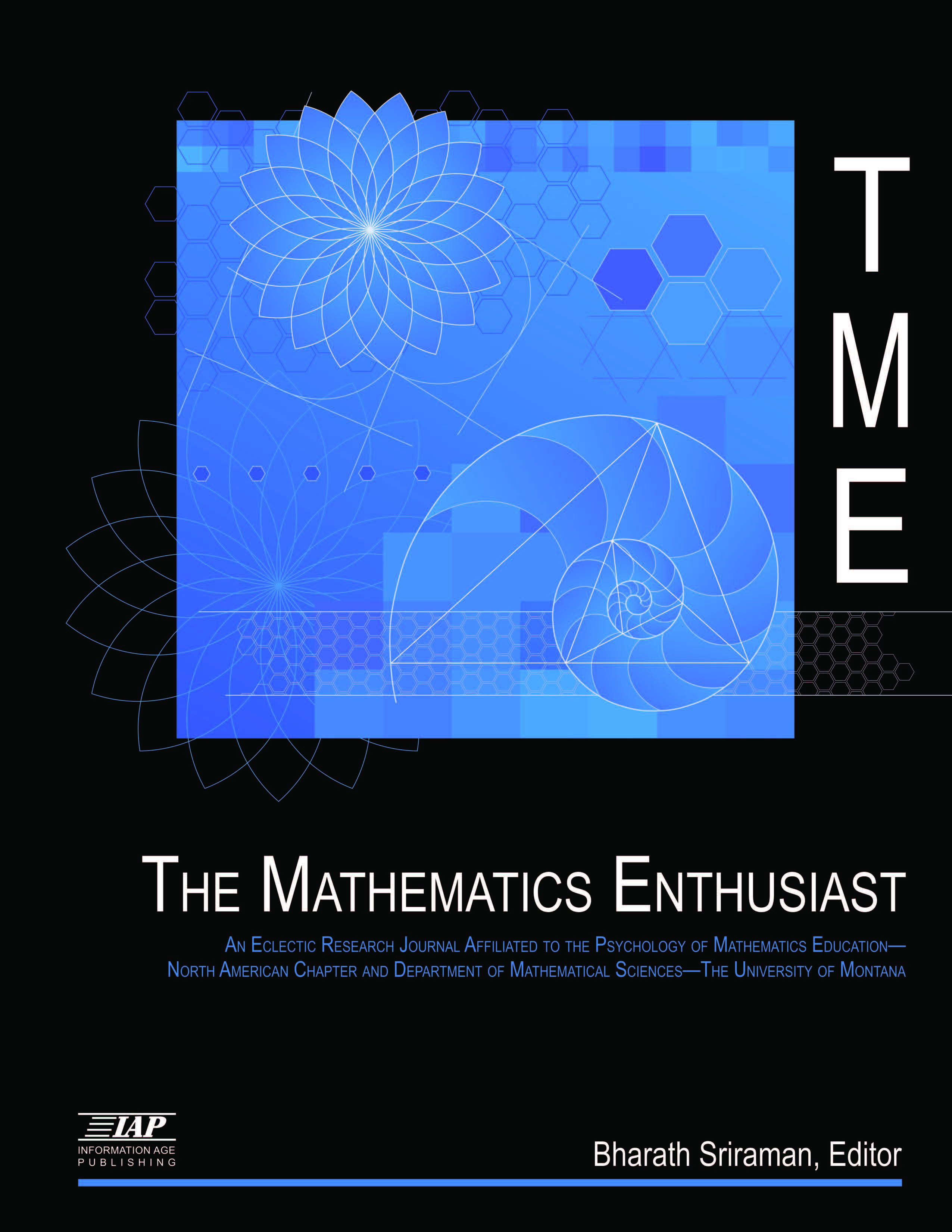
Volume
1
Issue
2
Abstract
Harold Fawcett. The Nature of Proof. New York City: Bureau of Publications, Columbia University, 1938. Re-printed by the National Council of Teachers of Mathematics in 1995.
Throughout the world, children are taught new ideas and concepts in a variety of ways, and the advocates of the different approaches claim that their method is the most effective and profitable for the students. In addition to the different teaching styles, each individual learns the material in a distinct manner. Teachers, therefore, must be aware of the diverse techniques of both teaching and learning in an effort to optimize the learning experience for the greatest number of students. This endeavor is even more difficult than it sounds. Imagine a classroom with twenty-five students. Some students learn better in a lecture setting while others learn best through visuals. Still others learn by working in pairs or groups, and some students need hands-on lessons to encourage the thought process. Numerous other learning styles exist, including the child who just does not want to learn. Everyday, teachers across the globe are faced with these situations, and researchers have attempted to find a teaching style and classroom atmosphere that is conducive to all students' needs and abilities.
First Page
58
Last Page
65
Recommended Citation
Lane, Erica
(2004)
"The Nature of Proof in Today's Classroom. Book review of The Nature of Proof,"
The Mathematics Enthusiast: Vol. 1
:
No.
2
, Article 6.
DOI: https://doi.org/10.54870/1551-3440.1011
Available at:
https://scholarworks.umt.edu/tme/vol1/iss2/6
Digital Object Identifier (DOI)
10.54870/1551-3440.1011
